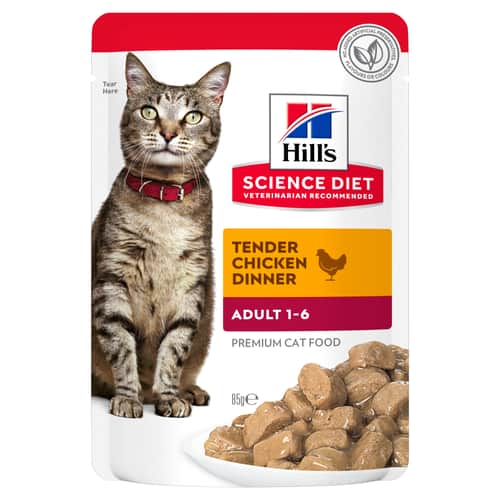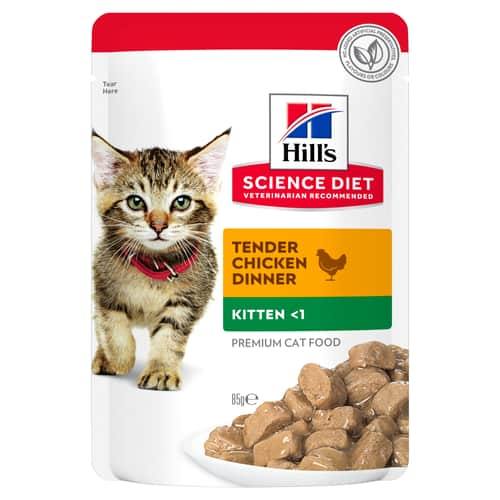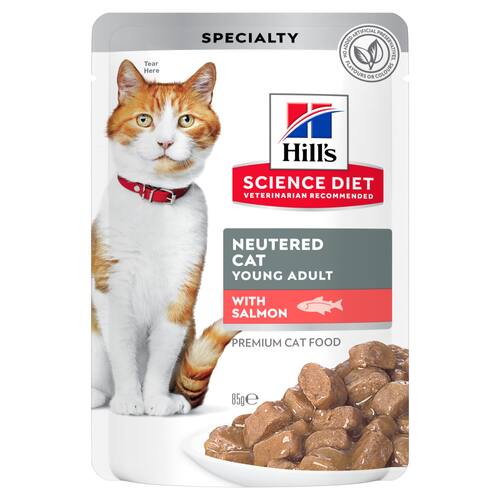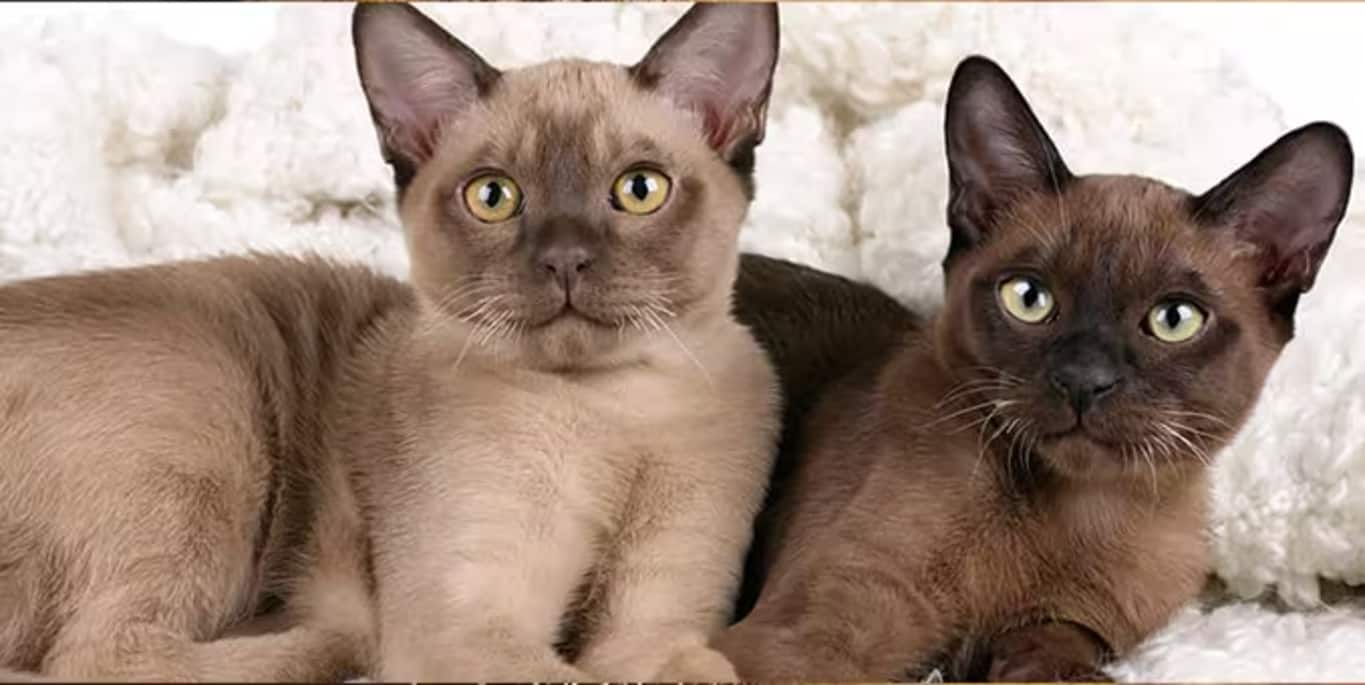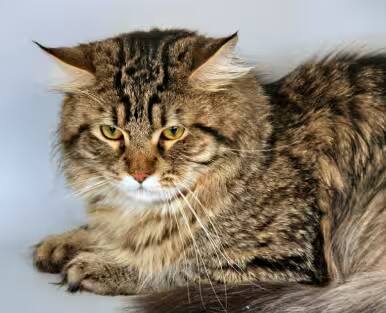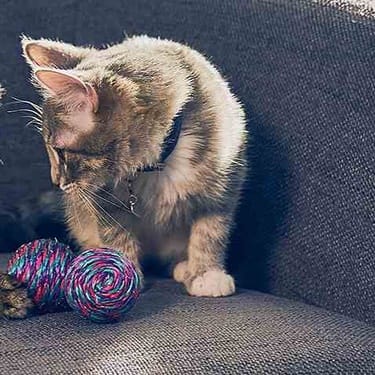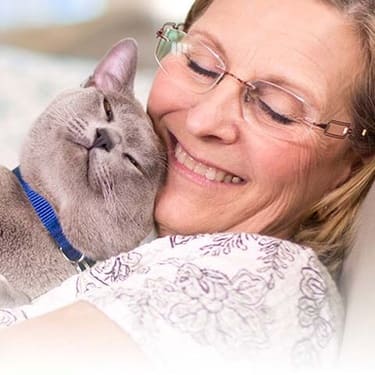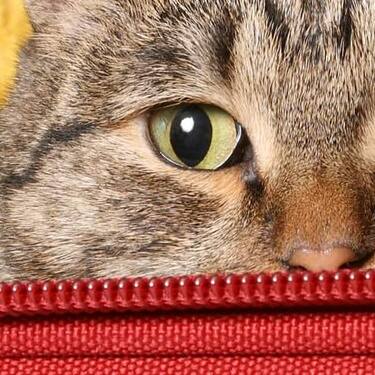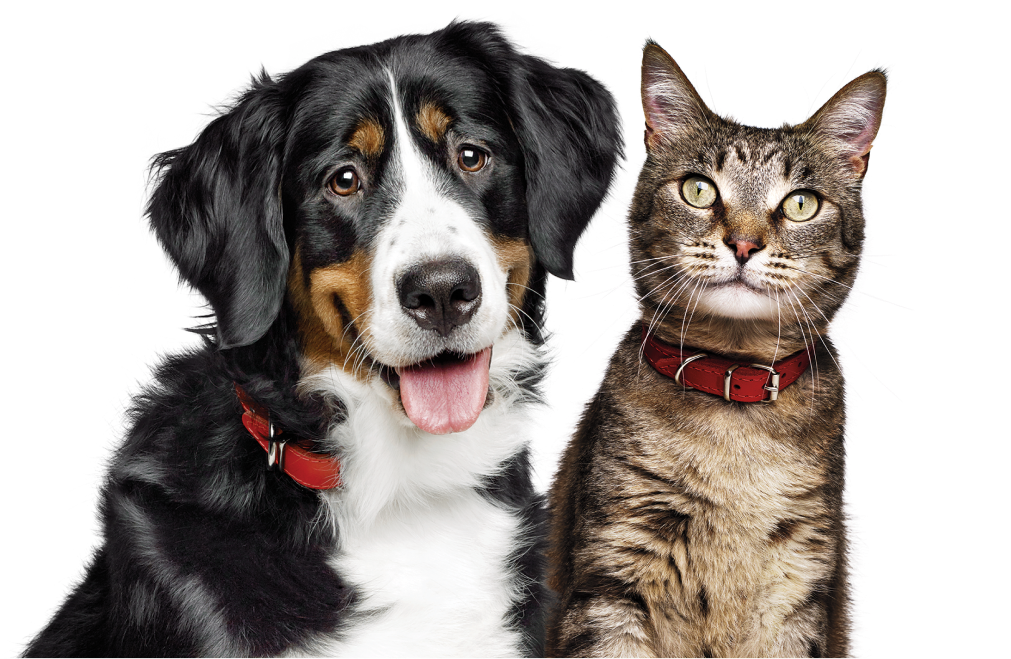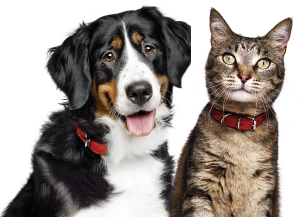Siberian cats are sweet, affectionate and naturally playful. Since they take five years to reach maturity, they exhibit kitten-like behaviours long into their life. They are gentle and loving with their family, friendly with guests, and are likely to accept other household pets. Siberian cats are naturally social and take well to basic trick training, including fetch and come-when-called. These cuddly cats do not like to be left alone too long and do best with company and attention.
Siberian cats make loving companions, and need both physical and mental stimulation to thrive. Toys, cat-trees, and time devoted to interactive play are essential to keeping this cat happy. They will even enjoy trick training or a walk on a harness in the garden or neighbourhood. The long coat of the Siberian cat makes regular brushing essential - at least three times a week is ideal. Just like any cat, periodic nail trimming is also required. As a large cat they need generously sized litter boxes, or they may feel uncomfortable relieving themselves.
Recommended:
- Kitten food: Hill’s Science Diet Kitten Range
- Adult Cat Food: Hill’s Science Diet Adult Range
- Mature cat Food: Hill’s Science Diet Adult 6+ Senior Range
The Russian Siberian cat has been in Russia for hundreds of years and is said to have originated in the dense forests of Siberia. These cats were prized as hunters for mice and rats by households and shopkeepers, and even feature in Russian folktales. Siberians cats began spreading outside Russia in the 19th century, and were first recognised by the International Cat Association in 1996. While still relatively uncommon outside Russia, the breed is gaining popularity, worldwide.
Health Concerns:
Siberian cats are generally a healthy breed, however they do have a higher propensity to suffer from hypertrophic cardiomyopathy. This form of heart disease causes the heart muscle of a cat to enlarge and thicken. This inhibits blood flow and may eventually lead to heart failure.
Otherwise, the main health concerns for Siberian cats are those which can affect any breed. These include:
Urinary tract disease: One of the most common conditions in cats, urinary tract disease and infections can be brought on by a range of factors. These include stress, inflammation, and urinary stone formation. If your cat suffers from a urinary tract disease you may notice them straining to urinate, urinating around the house, or not urinating at all.
Respiratory infections: Typically caused by a virus, can lead to a range of symptoms such as coughing, congestion, and fever. It is most common in kittens that are still developing their immune system.
Dental disease: is a common problem in most breeds, and the Siberian cat is no different. It occurs when plaque and subsequently tartar builds up on your cat's teeth leading to discomfort. It is recommended that an appropriate dental cat food such as Hill's Prescription Diet t/d or Hill's Science Diet Oral Care, together with brushing can prevent or slow down the progression of dental disease.




